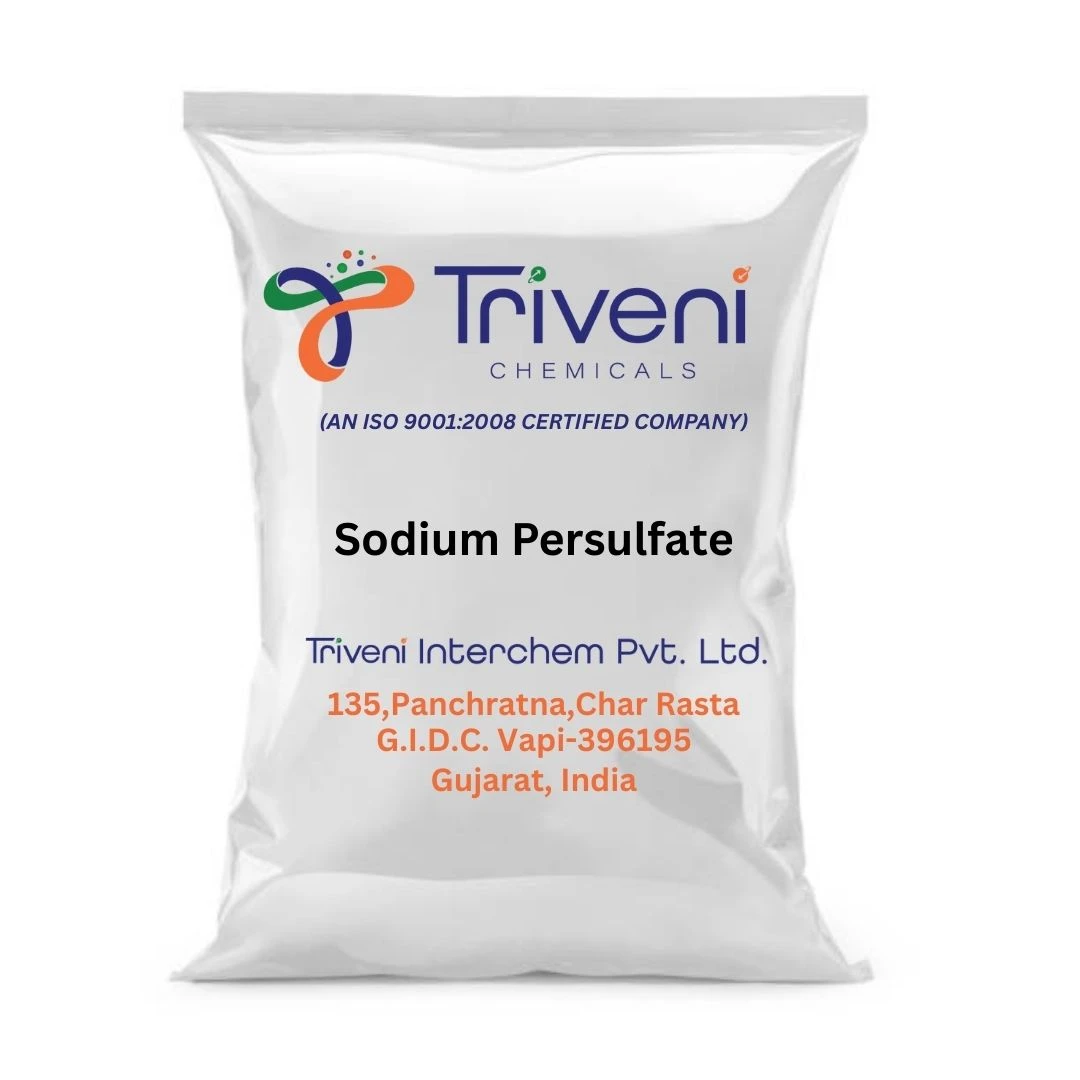Oxidizing agents are chemicals that can cause oxidation processes by removing electrons from other compounds. They are essential to a wide range of chemical processes, including ordinary combustion, industrial uses, and even biological systems. An overview of the world of oxidizing agents is provided here: Oxygen (O2): Oxygen is arguably..
Oxidizing agents are chemicals that can cause oxidation processes by removing electrons from other compounds. They are essential to a wide range of chemical processes, including ordinary combustion, industrial uses, and even biological systems. An overview of the world of oxidizing agents is provided here: Oxygen (O2): Oxygen is arguably the most common and plentiful oxidizing agent. Many combustion reactions—reactions in which chemicals react with oxygen to produce heat and light—require it. When fuels are burned to produce energy, like in automobile combustion engines, this process is essential. Hydrogen peroxide, often known as H2O2, is a typical oxidizing agent found in homes. Because it may oxidize germs and viruses to death, it is employed as a disinfectant. It is also used as a bleaching agent in hair coloring and various cleaning products at higher doses. Potassium Permanganate (KMnO4) is a strong oxidizing agent. It is a deep purple chemical. It is employed as an oxidant in a variety of processes in scientific settings. It has the ability to oxidize organic molecules in solutions, causing the reaction to go from purple to colorless. Chlorine (Cl2): Used in water treatment to eradicate bacteria and other diseases, chlorine is a potent oxidizing agent. Additionally, it is employed in the synthesis of numerous compounds and materials, including polyvinyl chloride, or PVC. But because of its reactivity, handling it carefully is necessary. Strong oxidizer nitric acid (HNO3) is utilized in the manufacturing of fertilizers, explosives, and other organic chemicals. Its metal-oxidizing properties are used in procedures like the etching of metals in the production of electronics. Chlorates and Perchlorates: Strong oxidizing agents, such as potassium chlorate (KClO3) and potassium perchlorate (KClO4), are utilized in fireworks, explosives, and the production of matches. Bleach (Sodium Hypochlorite, NaClO): Commonly used for both brightening and disinfecting, household bleach is an oxidizing chemical. It functions by releasing chlorine, which breaks down organic molecules by acting as an oxidizing agent. Ozone (O3): An effective oxidizer, ozone is an allotrope of oxygen. Because of its potent antiviral and antibacterial properties, it is employed in water treatment and disinfection. These are but a handful of the many types of oxidizing agents that are available today. Their capacity to promote oxidation reactions is critical to many sectors of the economy, including manufacturing, healthcare, and even the natural processes of the planet.
Oxidizing agents and the oxime class are linked in organic chemistry, as oxidizing agents can be used to modify or activate oxime compounds, facilitating reactions such as the reactivation of phosphorylated enzymes or the synthesis of various organic intermediates.
Oxidizing agents and 4-aminoazobenzene-4-sulfonic acid can be linked in chemical synthesis, where oxidizing agents can be used to modify the azo group in 4-aminoazobenzene-4-sulfonic acid, potentially facilitating the formation of reactive intermediates for further chemical or biological applications.



